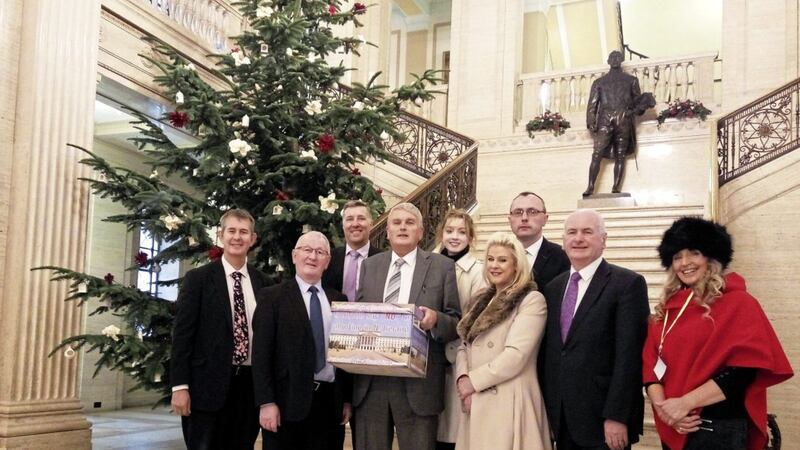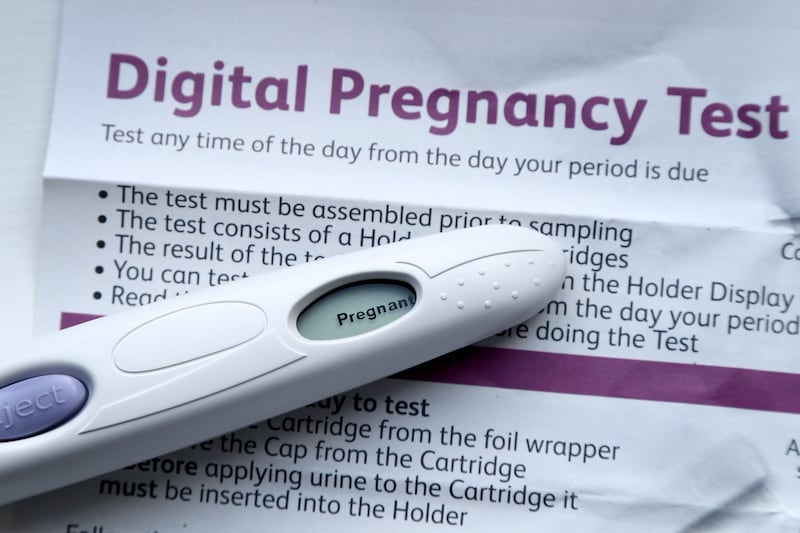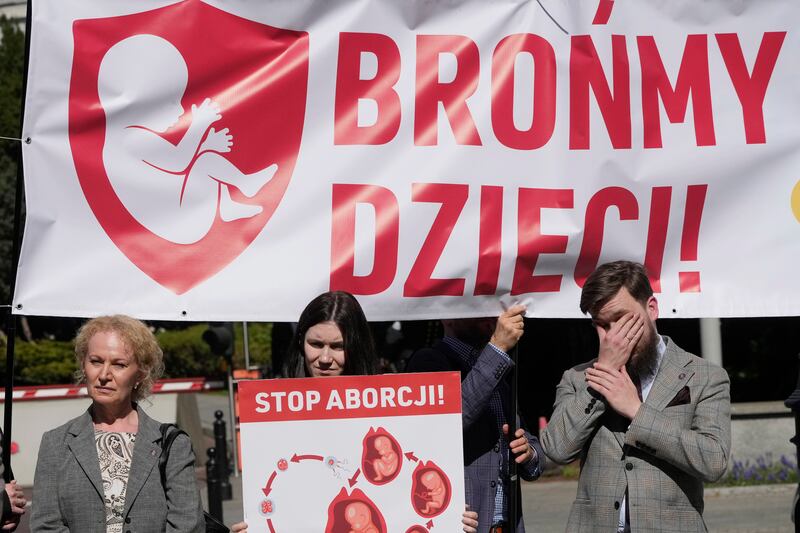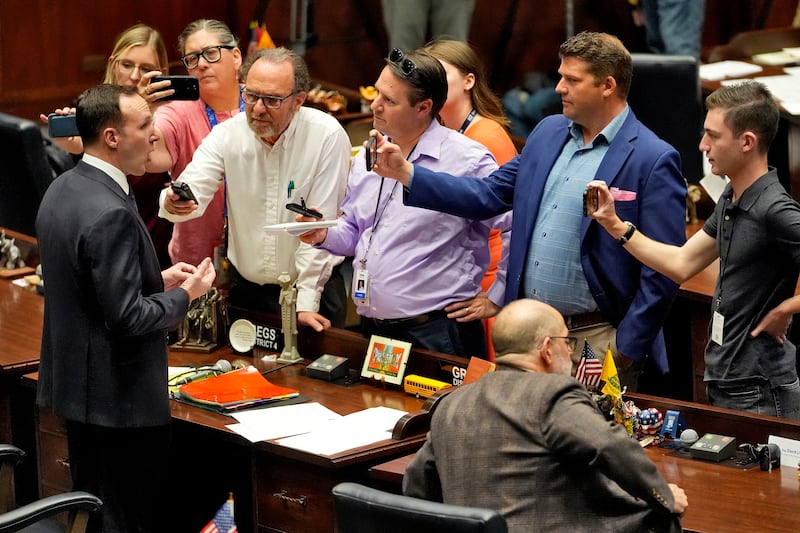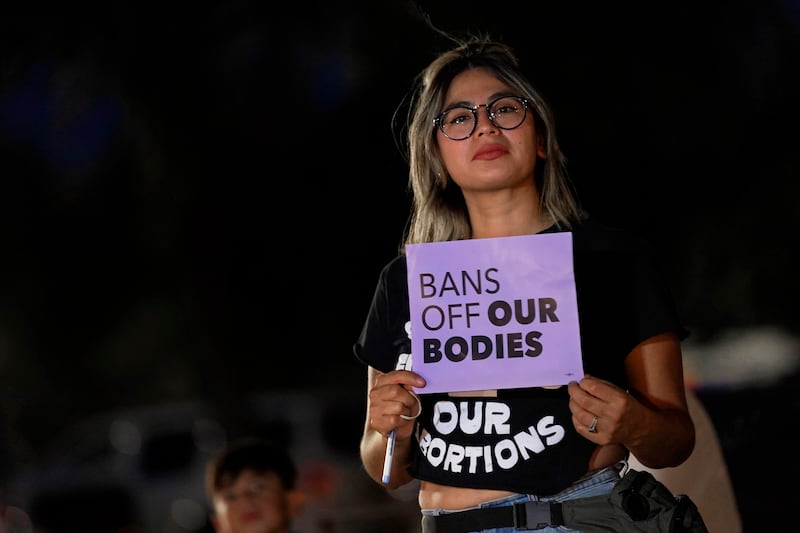AN expert panel set up to examine abortion law in Northern Ireland is believed to have recommended legislative change in cases of fatal foetal abnormality.
A working group, commissioned by the Northern Ireland Executive, reported its findings to ministers on October 11 but its conclusions have yet to be published.
It has been reported that the group, chaired by Chief Medical Officer Michael McBride and consisting of six senior officials, has recommended a change in law and a paper could be ready to go to the executive in late December or early January.
The revelations come as a 300,000-signature petition opposing change to Northern Ireland's abortion law was presented to Stormont by former DUP Health Minister Jim Wells on Monday.
Mr Wells handed over one of 57 boxes full of signatures to Assembly speaker Robin Newton in what he described as the "largest petition ever received by the Northern Ireland Assembly".
It was presented a week after an Amnesty International petition of 45,000 signatures calling for reform of the region's restrictive abortion laws was given to the speaker.
Questioning whether those who signed the Amnesty petition all hailed from Northern Ireland, Mr Wells said all 300,000 who put their name to the petition gathered by pro-life group Precious Life had postal addresses in the region.
"These have been signed by Northern Ireland residents who have given their address and can be verified so therefore I believe that this petition is indeed authentic," he said.
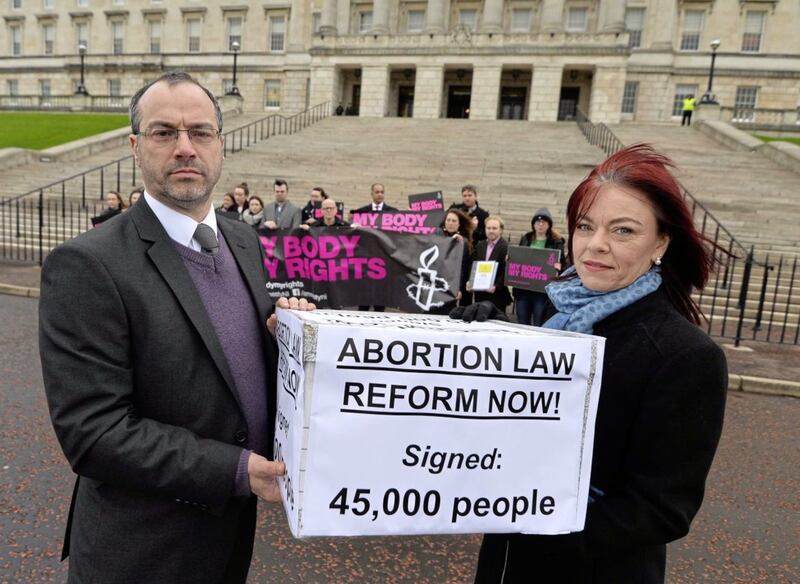
Amnesty International has welcomed reports that the expert medical panel has recommended changes to Northern Ireland's abortion law, but said it must go "much further" by decriminalising abortion and making terminations available to women and girls at a minimum in cases of severe and fatal foetal abnormalities, or where the pregnancy has resulted from rape or incest.
"The current abortion law in Northern Ireland is not only bad, but cruel and inhumane for the women and girls who find themselves denied an abortion," Adrianne Peltz of Amnesty International said.
“Instead of overseeing the prosecution of women and girls for seeking healthcare, Northern Ireland Executive Ministers should bring our abortion laws into line with international human rights standards," she added.
Sinn Féin Deputy First Minister Martin McGuinness has indicated his support for a legislative change. Speaking last week he said he believed cases where there is no prospect of life were "challenging situations which need to be addressed".
First Minister Arlene Foster has consistently opposed widespread access to abortion. Mrs Foster would not confirm whether the report recommended a change in law, but told the BBC she wanted to make sure that "women who find themselves in this very difficult circumstance have the care that they require".
